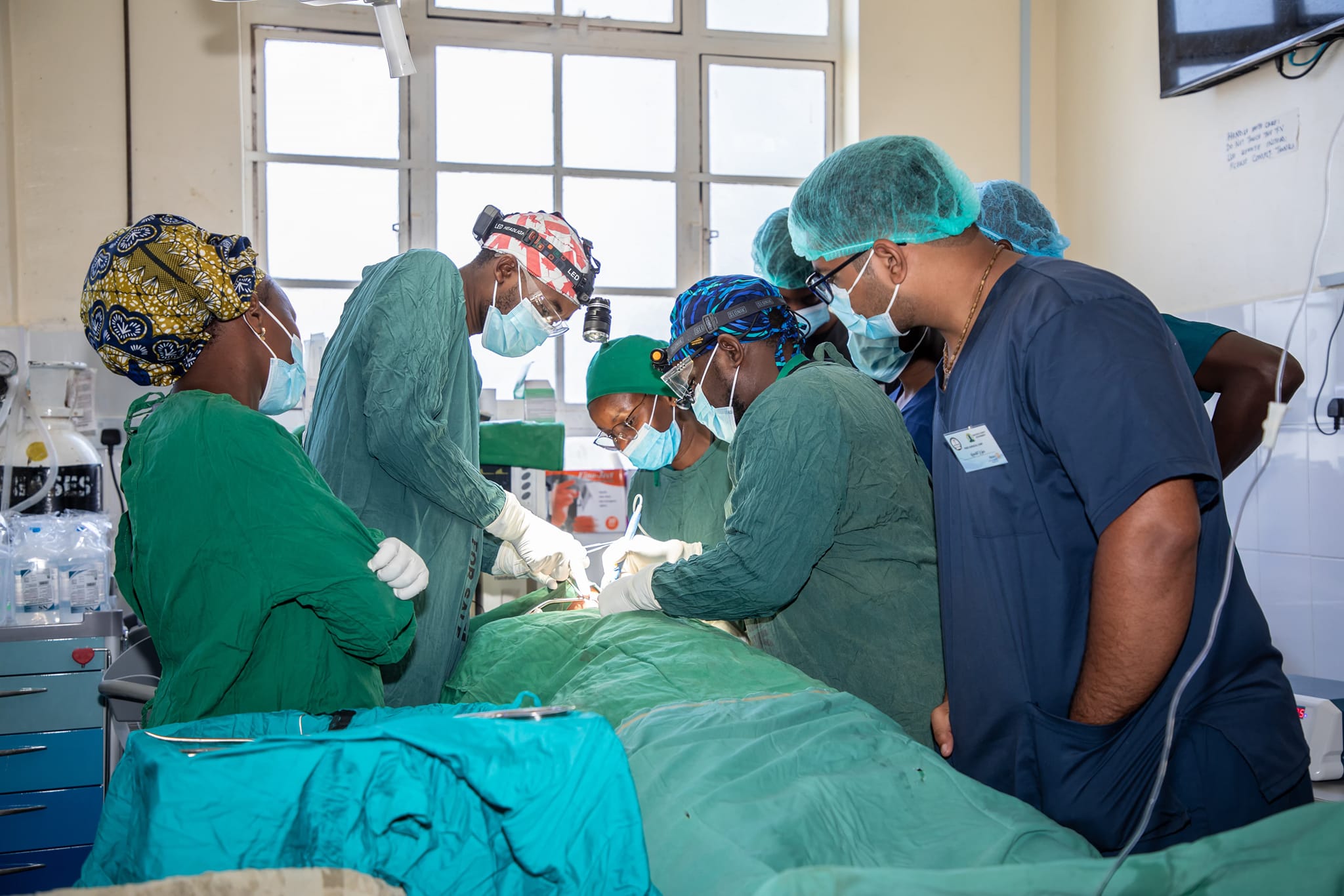Navigating the Transition: From Girlhood to Womanhood
The journey from girlhood to womanhood, while complex and sometimes awkward, offers an invaluable opportunity for growth and empowerment. By understanding reproductive rights, accessing healthcare, building self-confidence, and seeking support, young women can navigate this transition smoothly and emerge as informed, self-assured individuals ready to pursue their futures. Embrace the journey, leverage your resources, and remember that each step you take is a significant milestone towards becoming the woman you aspire to be.

The transition from girlhood to womanhood is a significant period in every young woman's life, often filled with excitement, opportunities, and a host of new responsibilities. This “awkward stage” can be challenging, as it encompasses not only physical changes but also social, emotional, and intellectual developments. Navigating this pivotal time requires a blend of self-awareness, education, and support. Here are some key aspects to consider when navigating this transition, particularly with a focus on reproductive rights and access to healthcare.
Understanding Reproductive Rights
As young women begin to understand their bodies and the changes they are experiencing, it is vital to grasp the concept of reproductive rights. Reproductive rights encompass the right to make informed choices about one’s body, including the right to access information, contraception, and healthcare services related to sexual and reproductive health.
Educate Yourself Knowledge is power. Familiarizing yourself with the basics of reproductive health—including understanding menstrual cycles, contraception options, and sexually transmitted infections (STIs)—can empower you to make informed decisions. Resources can include books, reliable websites, and discussions with trusted adults.
Seek Healthcare As you transition into womanhood, regular medical check-ups become crucial. Establish a relationship with a healthcare provider who respects and understands your needs. This can include annual gynaecological exams, discussions about contraception, and getting vaccinations like the HPV vaccine.
Know Your Rights Be aware of your reproductive rights, which can vary significantly depending on where you live. Research local laws and regulations regarding access to family planning resources, contraception, and abortion services. Advocacy organizations can offer guidance and resources tailored to your region.
Accessing Healthcare
Access to healthcare is a critical component of navigating the journey from girl to woman. Understanding how to advocate for yourself and access appropriate services will positively impact your overall health and confidence.
Finding Healthcare Providers Choose healthcare providers who create a comfortable environment where you feel safe discussing personal topics. Don’t hesitate to seek a second opinion if you feel uneasy or unsupported during a consultation.
Understand Health Insurance Familiarize yourself with your health insurance coverage, including what services are included and how to access them. Many clinics and healthcare systems also offer services on a sliding scale, making them accessible to those without insurance.
Use Available Resources: Look for community health centers or programs that offer reproductive health services, often at low or no cost. These may provide contraceptives, education, and routine check-ups.
Inclusivity in Healthcare: Ensure that the healthcare services you access are inclusive and culturally competent. This means finding providers that respect diversity in gender, sexual orientation, and cultural backgrounds, allowing for a supportive healthcare experience.
Building Self-Confidence
As you transition, developing self-confidence is essential. This applies not only to your physical appearance but also to how you perceive and discuss your reproductive rights and health.
Body Positivity: Embrace your body and its changes. Engage in activities that promote a healthy self-image, such as yoga, dance, or simply spending time with supportive friends.
Open Communication: Foster a supportive dialogue with trusted family members, friends, or mentors about the changes you are experiencing. Discussing these topics can help alleviate feelings of awkwardness and anxiety.
Learn About Relationships: Understanding healthy relationships is part of growing into adulthood. Educate yourself about consent, respect, and communication within relationships, which are foundational for building future partnerships.

Finding Support
Lastly, never hesitate to seek support from those around you. Whether it's from family, friends, mentors, or professional counselors, having a support system can help you feel more grounded and empowered during this transition.
Join Support Groups Many communities have organizations or groups focused on young women’s health and empowerment, which can provide a valuable network of support and shared experiences.
Utilize Online Resources There are numerous platforms and forums where young women discuss their experiences and challenges, providing communal support and advice.
Counseling Services If feelings of anxiety or uncertainty become overwhelming, consider speaking with a counselor. Many educational institutions offer free or low-cost mental health services.
The journey from girlhood to womanhood, while complex and sometimes awkward, offers an invaluable opportunity for growth and empowerment. By understanding reproductive rights, accessing healthcare, building self-confidence, and seeking support, young women can navigate this transition smoothly and emerge as informed, self-assured individuals ready to pursue their futures. Embrace the journey, leverage your resources, and remember that each step you take is a significant milestone towards becoming the woman you aspire to be.
What's Your Reaction?







































































































